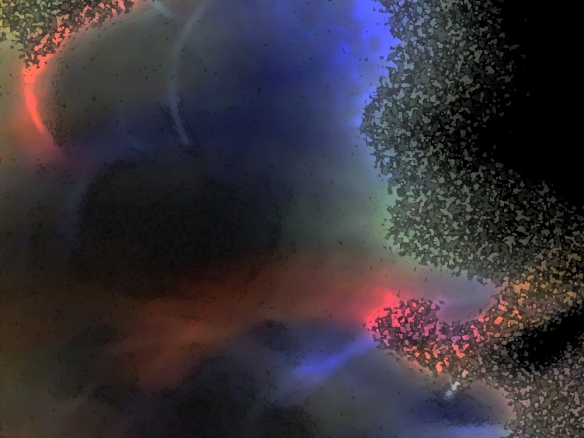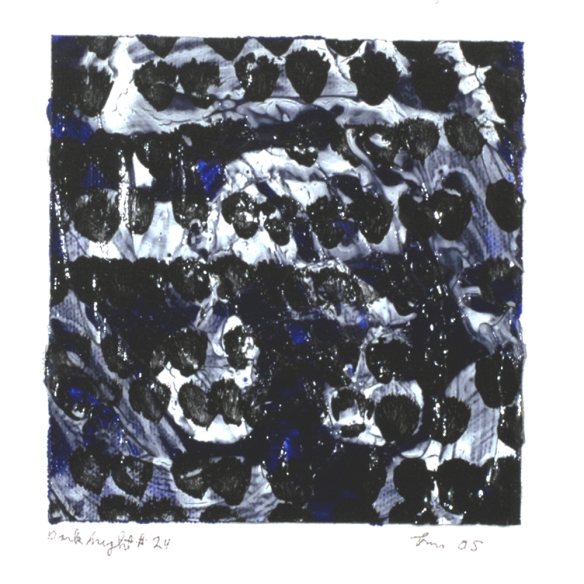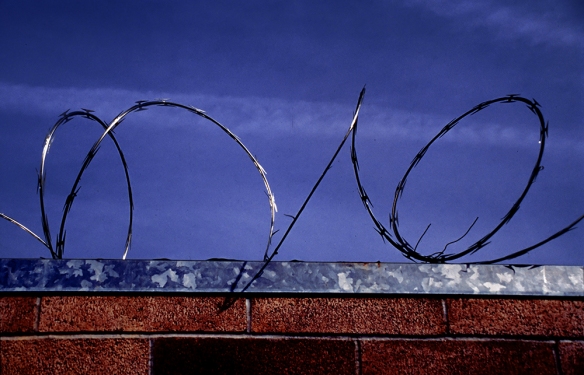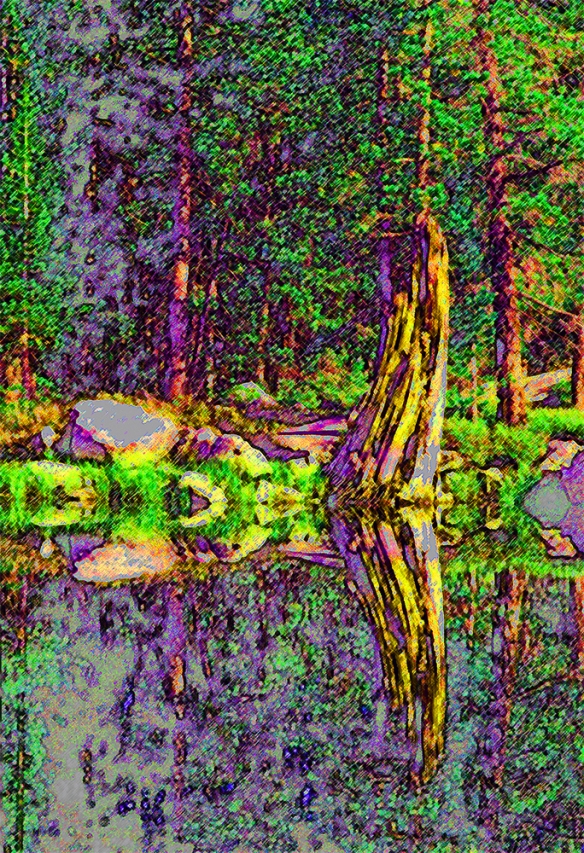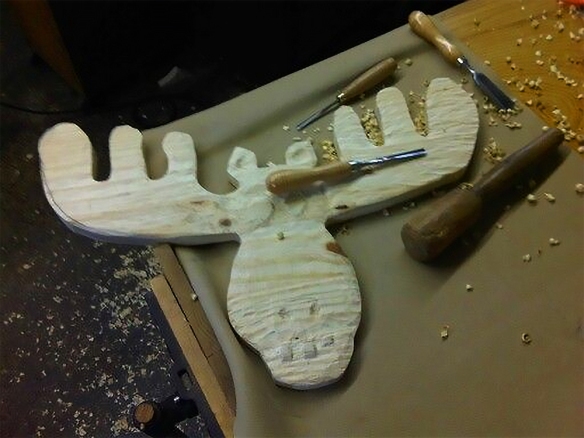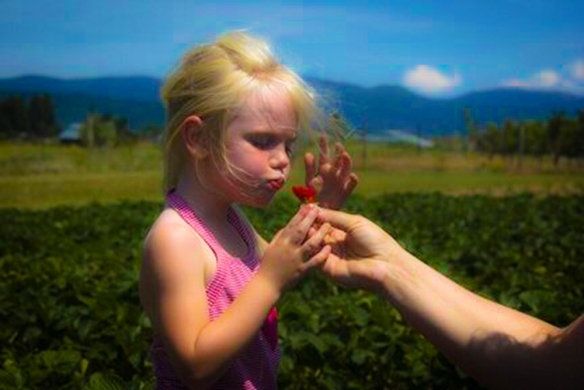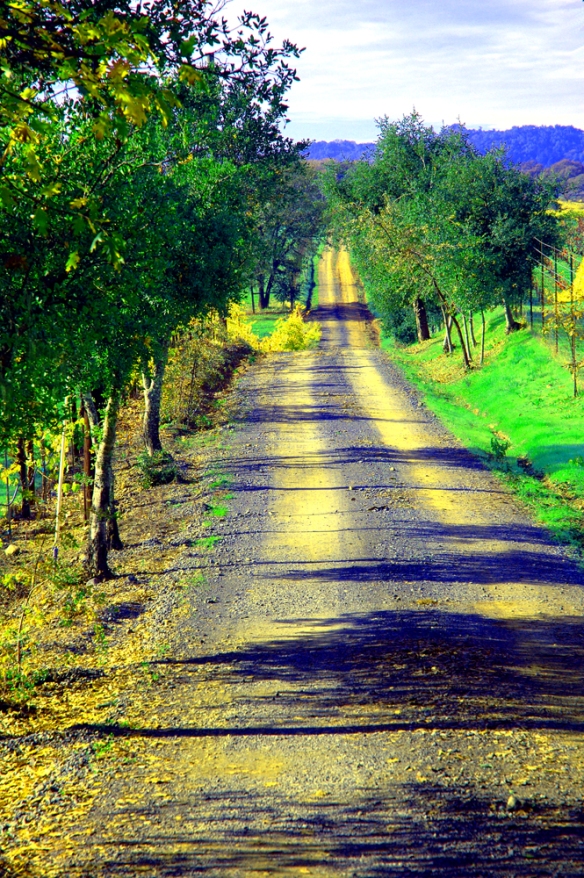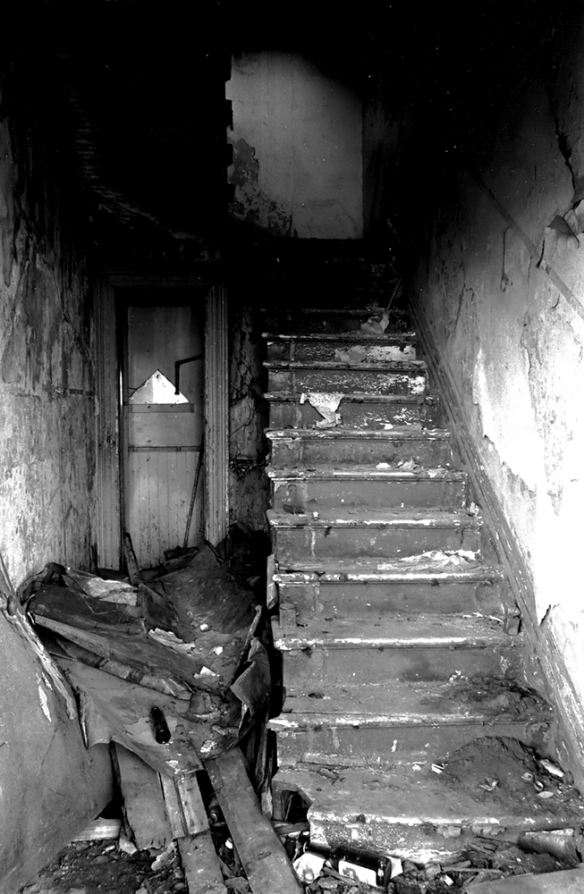Isaiah 11:1-10 — The Message
A green Shoot will sprout from Jesse’s stump, from his roots a budding Branch. The life-giving Spirit of GOD will hover over him, the Spirit that brings wisdom and understanding, The Spirit that gives direction and builds strength, the Spirit that instills knowledge and Fear-of-GOD. Fear-of-GOD will be all his joy and delight. He won’t judge by appearances, won’t decide on the basis of hearsay. He’ll judge the needy by what is right, render decisions on earth’s poor with justice. His words will bring everyone to awed attention. A mere breath from his lips will topple the wicked. Each morning he’ll pull on sturdy work clothes and boots, and build righteousness and faithfulness in the land.

Ragtag and Disorganized
I am thinking about our journey,
as a church and as a people.
I am thinking how crazy
this journey seems to be at times.
Not just crazy,
but convoluted,
bendy/twisty,
and fairly obscure with
no signage to speak of,
and what there is of that being
fairly unreadable and in a language
with metaphors I’ve never,
ever, quite understood.
Still,
I was told that the way to all I pray for
(a heart in sync with God’s Spirit),
this path I am following,
is in actuality,
straight and narrow and really clear.
What’s up with that?
I have put quite a bit of thought into this,
“What’s up with that?” question
and I have concluded that what’s up
is that all the organization
that religions try to claim
is actually really disorganized
to the point of fragmentation
and those
who are self-tasked
with promoting faiths
and denominations and religious systems
in general are desperately
doing their best at trying to sell us rules
and concepts and gobs
of spiritual make-work,
and failing,
because they are just as full of fear
and as confused as those
they are trying to manipulate
to their way of thinking.
All in all their organizations
are wholly fictional,
and they are exactly
as disorganized as they pretend
not to be.
AND THEN
there is what I will term,
honest and intentional disorganized religion.
This faith-walk makes no pretence
of being organized and actually
follows the winding and convoluted path of Jesus
who ambled and rambled
around breaking
religious rules and dogmas and standards,
healing and setting free those so
bound in religious junk
they had given up on church
and in many cases, life itself.
I am on this path with Jesus.
There are no answers only mystery.
There is no dogma only desire.
There are no formulas for salvation only hope.
There is only a tender, fragile, green shoot
in a long dead stump—Jesus and us.
We have diverse spiritualities and goals,
and different spiritual languages.
We don’t want our leaders to
form us into their faith,
but to help and encourage
the fragile shoots that are us
to more deeply discover our own paths.
This is Disorganized Religion:
we are a ragtag and disorganized people
of faith gathered together
in Mystery and by Mystery
to pray together and be strong
as we share in each other’s
different faith-journeys and discoveries.
This is us.

